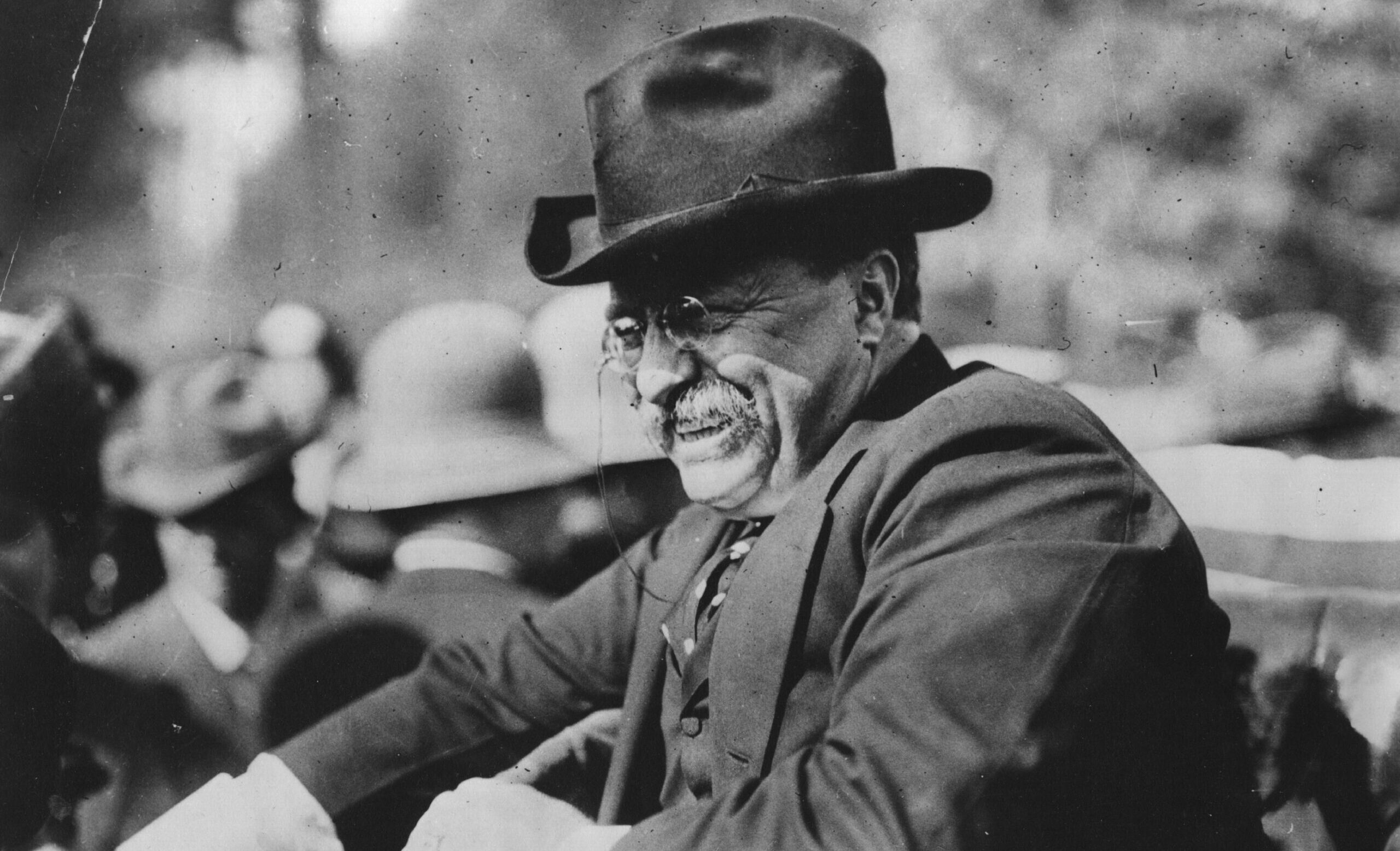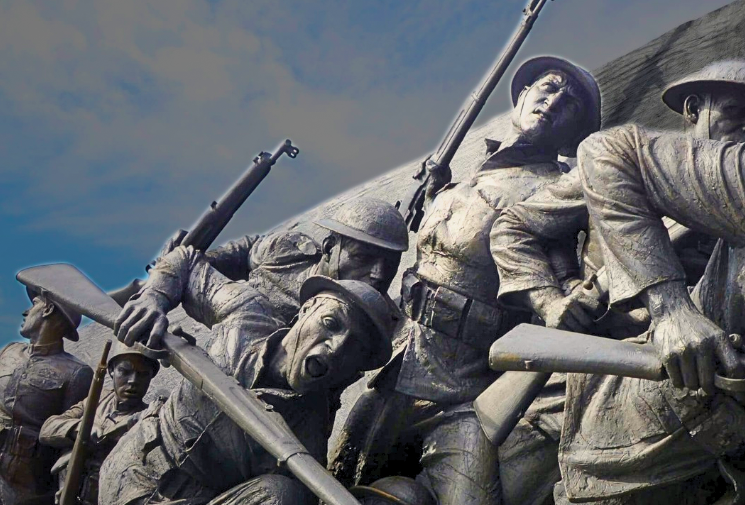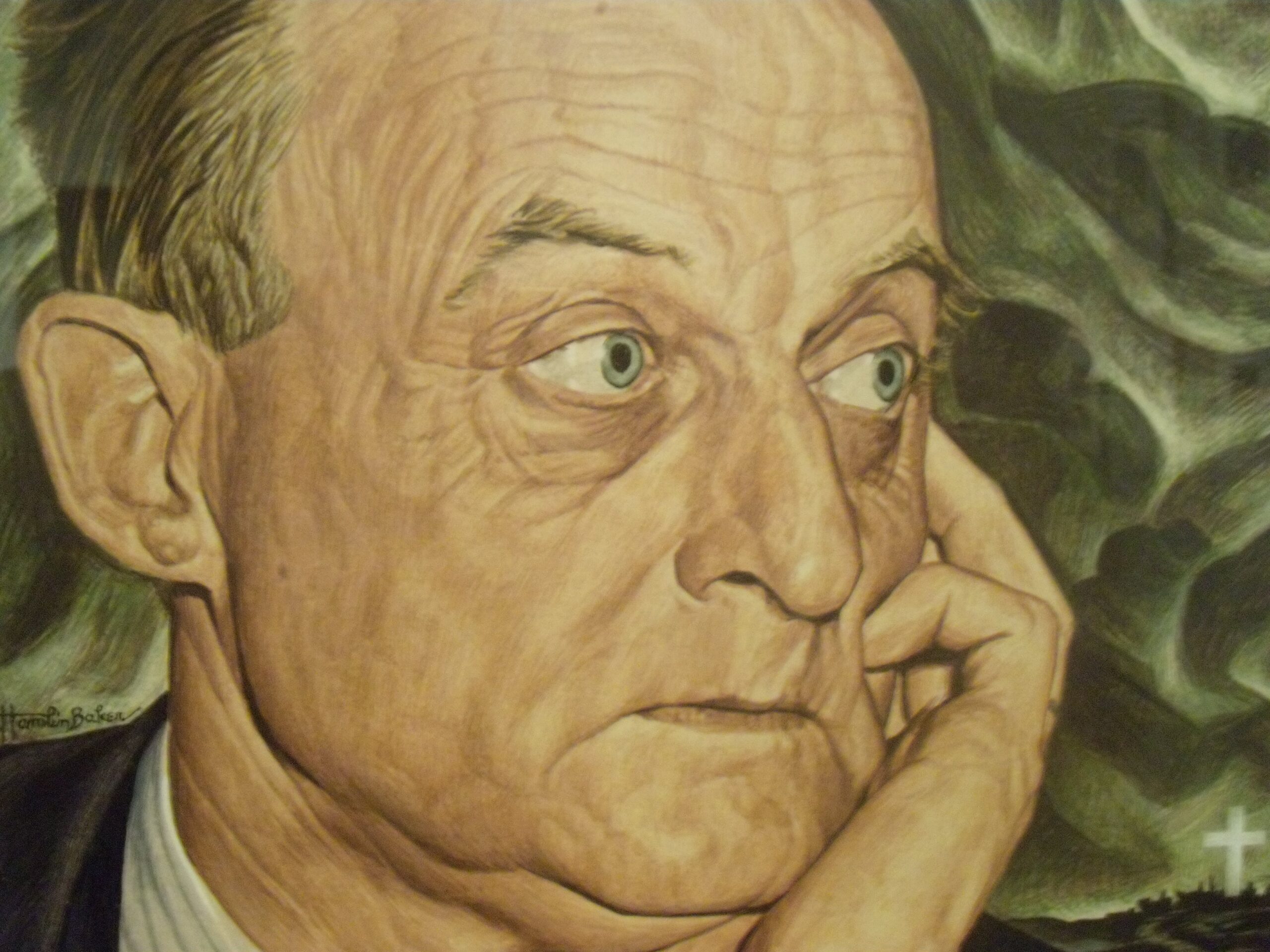On September 14, 1901, Theodore Roosevelt took the oath of office as the twenty-sixth president of the United States, the youngest man ever to assume that office. To that point, Roosevelt, following his graduation from Harvard, had spent all but five years of his adult life in public service. As a young man he served three terms in the New York state legislature, following which he owned and operated a cattle ranch in North Dakota; lost a bid for mayor of New York City; and continued a lucrative writing career as a historian and essayist, which included authoring a respected four-volume history of American westward expansion and biographies of Senator Thomas Hart Benton, Gouverneur Morris, and Oliver Cromwell. From 1889 he served consecutively as Civil Service Commissioner; New York City Police Commissioner; Assistant Secretary of the Navy; Commander of the Rough Riders; governor of New York; and vice president of the United States. Consistently progressive in public service, Roosevelt has nonetheless been appreciated by conservatives for his prudent foreign policy, unabashed nationalism, opposition to socialism and anarchism, and his forthright advocacy of individual virtue.
Roosevelt’s politics and political thought are bounded by the twin principles of promise and performance. For individual and country alike, promise is bound to an understanding of civilization and virtue. The educated, civilized individual has a duty to engage in public service for the advancement of society toward greater development of its civilized life. This requires individual virtue, or character, as Roosevelt would often refer to it, and the premier virtue was courage. It is courage that inspires the individual to throw his hat in the ring to do his duty, and which supports him through the challenges that such public service presents. Likewise, the country is also to fulfill its duty in the service of civilization or else suffer the justifiable and deserved reprobation of those countries made of sterner stuff. The country, like the individual, brings to its task the fruits of its ancestry. The race characteristics, as Roosevelt termed them, of any country, are of great importance to its effort to fulfill its duty and to shoulder its share of worldly burdens. The dissolute individual and country will both face the prospect of losing ground absolutely as well as in relation to those that strenuously pursue their duty to civilization.
Roosevelt believed that the United States of his time was abundantly endowed with the attributes of promise: an energetic, free, and virtuous citizenry dedicated to noble Anglo-Saxon ideals and principles. Fulfillment of its promise, however, required prudence in selecting the means through which the country could perform at a level commensurate with its promise. Domestically, the country had to maintain, if not improve, its level of virtue, which required opposition to political tendencies toward either utopianism or plutocracy. Roosevelt consistently pursued policies intended to improve education and virtue while at the same time restricting anarchist and socialist pursuit of utopian ideals, and regulating the plutocratic influences of wealth and big business. He is perhaps best remembered for the latter, as manifest by the prosecution of the Northern Securities case (1904); passage of the Hepburn Act (1906) authorizing bureaucratic regulation of railroad rates; and the Pure Food and Drug Act (1906). Roosevelt followed much the same line in his foreign policy, asserting American rights and interests in the world in the manner he thought appropriate to a new world power. His foreign policy sought a moderate path toward continued progress in the successful exercise of the United States’ power for good while avoiding both stale imperialism and breathless revolution. We see these principles on display in the Roosevelt Corollary to the Monroe Doctrine, which entailed keeping European powers out of Santo Domingo; in his brokering of a peace between Russia and Japan; and in his mediation of a dispute between France and Germany over Morocco.
Following his presidency (1901–09), Roosevelt lived a strenuous life of exploration and adventure—traveling far abroad to Africa and South America. His run for the presidency in 1912 as a progressive once again found him attempting to plot a course between the vices of plutocracy and radicalism, though some believe he had moved significantly in a radical direction. The onset of World War I found Roosevelt once more in the vanguard, advocating that the United States fulfill its duty to act in the service of civilization. There he remained until his death in 1919.
Further Reading
Kathleen Dalton, Theodore Roosevelt: A Strenuous Life
Edmund Morris, Theodore Rex
Theodore Roosevelt, Letters and Speeches
Theodore Roosevelt, Theodore Roosevelt: An Autobiography
This entry was originally published in American Conservatism: An Encyclopedia, p. 745.














